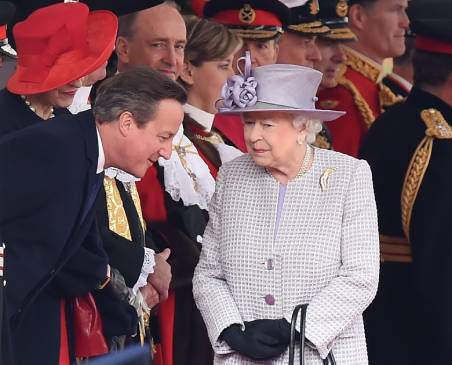
David Cameron’s decision to reveal details of his private conversations with the queen in both his recently published autobiography, and also in a Red Box podcast with The Times, has caused Buckingham Palace to express its ‘displeasure and annoyance’ with the former prime minister. The mention of a conversation that they both had about the Scottish referendum on independence has been the principal source of the monarch’s ire, as well his disclosure that the queen had driven at ‘breakneck speed’ at Balmoral and that she had also told Mr Cameron that she was the only woman to have ever driven in Saudi Arabia.
The monarch usually has a weekly meeting with the prime minister (although it is technically an ‘audience’). These meetings, that are listed in the court circular, are usually held on a Wednesday afternoon, but they are occasionally held on the telephone. The









